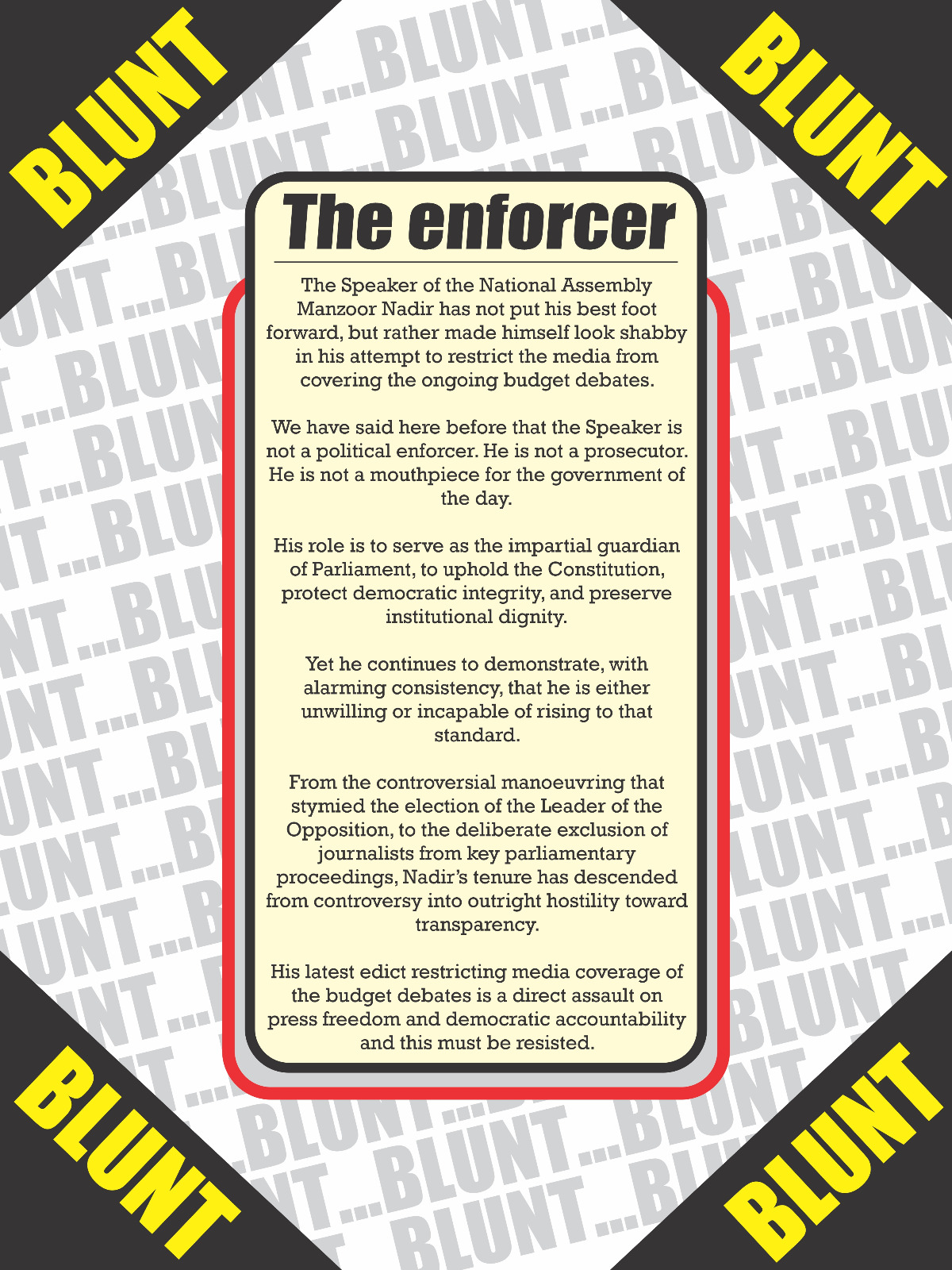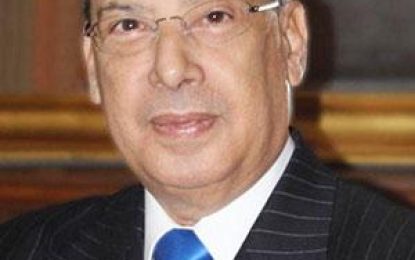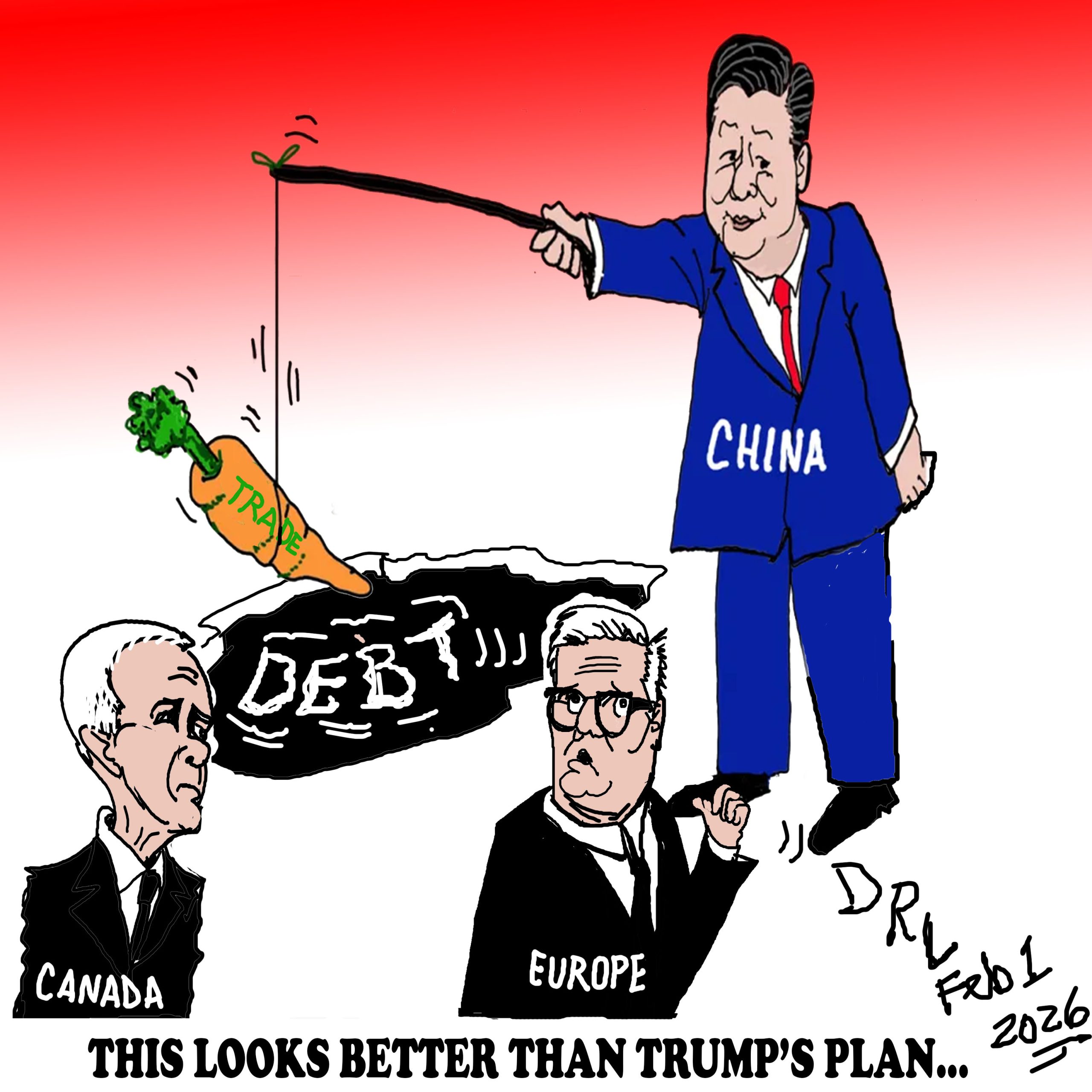Latest update February 4th, 2026 12:35 AM
Latest News
- Opposition leader without security, vehicle
- ‘Unemployment cut by half’ – President says wages up over 100% in key sectors
- Belize to join Guyana’s Global Biodiversity Alliance
- US refiners struggle to absorb sudden surge in Venezuelan oil imports
- ‘Bring a motion or sit down’ – Speaker clashes with MP over media lockout
Expert urges Govt. to be wary of ExxonMobil’s tactics
Dec 25, 2022 News
– Says company went above and beyond to avoid paying a US$50M penalty in T&T
Kaieteur News – ExxonMobil Corporation, one of the world’s most powerful oil majors, does not easily accept penalties handed down to it by State Agencies. It is swift to use its legal might to outmaneuver authorities. It will even employ out-of-court tactics to get its way.
Legacy Oil Producer, Trinidad and Tobago learned this early on in its dealings with the hydrocarbon giant. In fact, one of its home-grown experts and energy strategists, Anthony Paul, provided deep insight into a case where Exxon avoided paying T&T Authorities a US$50M fine back in 2002.
Paul in an interview with the Columbia Center on Sustainable Investment (CCSI) explained that the oil giant was slapped with a hefty penalty by State Regulators after failing to honour a commitment to drill two wells.
The Industry Expert noted that Exxon did not accept it must pay the fine. Instead, the oil giant went above the heads of the technocrats and straight to the Government to negotiate its own deal which Paul also highlighted, “had limited inputs from the technical or commercial experts.”
The negotiation turned out to be a success for Exxon as it was able to avoid paying the penalty. In exchange for nonpayment, Exxon said it would perform some seismic interpretation and development drilling in TT’s Trinmar acreage and partner with Petrotrin, a state-owned company, to produce any additional reserves it is able to identify.
During a follow-up interview with Kaieteur News on the foregoing case, Paul was careful to note that what he described to CCSI is not unique to TT, the oil industry nor is it the sole domain of international firms.
The Energy and Strategy Advisor said that local companies and individuals engage in similar techniques to earn favour. While there are often legitimate reasons for sidelining established norms, Paul stressed that those doing so should always be doing it in the country’s best interest and should be able to demonstrate this to the public.
He said the lesson for Guyana and other countries new to oil and gas, is that, there will always be the need for a higher authority to make a decision ‘above the pay grade’ of operations personnel in the regulatory body.
“However, Politicians should be assisted in making the right decisions and not let others play on their egos or lack of experience by having readily available the right tools and information to do so,” Paul stated.
The Petroleum Consultant added, “We cannot blame Politicians for making the wrong decisions if those charged to regulate don’t anticipate and prepare for such conditions. In order to do that, regulators in new producing countries should themselves be prepared and assisted in developing these tools and procedures.”
PREVENTING UNDUE INFLUENCE /CORRUPTION
Further to this, Paul said what is required for good governance, particularly where public goods or money are concerned, is a system of accountability, wherein those making decisions, do so in a manner that is consistent, transparent, and auditable. In other words, he said there should be Standard Operating Procedures (SOPs), with clear guidelines as to what factors are to be taken into account, what evidence must be presented/assessed and what criteria are used to evaluate and compare different options.
In addition, at each stage, there should be different individuals responsible for evaluating the situation and making recommendations for materially significant decisions and for approving same. Both the level of value, subject to such procedure and the responsible individuals (either by office or role) should be clearly defined in SOPs.
Paul who has 40 years in petroleum and mining, cautioned that companies are very good at understanding governments and establishing very robust relations pathways and procedures. He said that they identify the key decision-makers and influencers and build strong interpersonal relations of trust between them and company employees/ contractors/ advisors/ partners, often to the level where those decision-makers and influencers give more credence to the company relationship with the manager than to their own technocrats.
“So relationship-building works on very human characteristics, and is nuanced from country to country and from person to person. Therefore, power doesn’t always have to come from the barrel of a gun or from a bank book,” the Trinidadian concluded on this matter.
Overall, he said this is a key lesson Guyana should take heed of as it pursues the development of its oil bonanza.
Discover more from Kaieteur News
Subscribe to get the latest posts sent to your email.
Similar Articles
Listen to the The Glenn Lall Show
Follow on Tik Tok @Glennlall
Your children are starving, and you giving away their food to an already fat pussycat.
Sports
Feb 04, 2026
ESPNcricinfo – Big picture: WI with depth and power Six-hitting is how West Indies won their last ICC title, in 2016, and the squad they have picked for the T20 World Cup in 2026 contains plenty of...Features/Columnists
Feb 04, 2026
(Kaieteur News) – Politics in Guyana is becoming a romantic comedy. It is increasingly looking like a sideshow in which everyone behaves badly, nobody learns anything, and the audience keeps rooting for the person who looks most persecuted. Take the PPPC’s ongoing vendetta against AZMO. It has...Sir. Ronald Sanders
Feb 01, 2026
By Sir Ronald Sanders (Kaieteur News) – When the door to migration narrows, the long-standing mismatch between education and economic absorption is no longer abstract; a country’s true immigration policy becomes domestic — how many jobs it can create, and how quickly it can match people to...The GHK Lall Column
Feb 04, 2026
Hard Truths by GHK Lall (Kaieteur News) – The much-watched Guyana Natural Resource Fund (Oil Fund) is expected to be boosted by US$2.8 billion in 2026. The Oil Fund needs every penn7 that it can get, given its current ragged state, thanks to the chronic extractions of the scheming PPP Govt. ...Publisher’s Note
Freedom of speech is our core value at Kaieteur News. If the letter/e-mail you sent was not published, and you believe that its contents were not libellous, let us know, please contact us by phone or email.
Feel free to send us your comments and/or criticisms.
Contact: 624-6456; 225-8452; 225-8458; 225-8463; 225-8465; 225-8473 or 225-8491.
Or by Email: glennlall2000@gmail.com / kaieteurnews@yahoo.com













